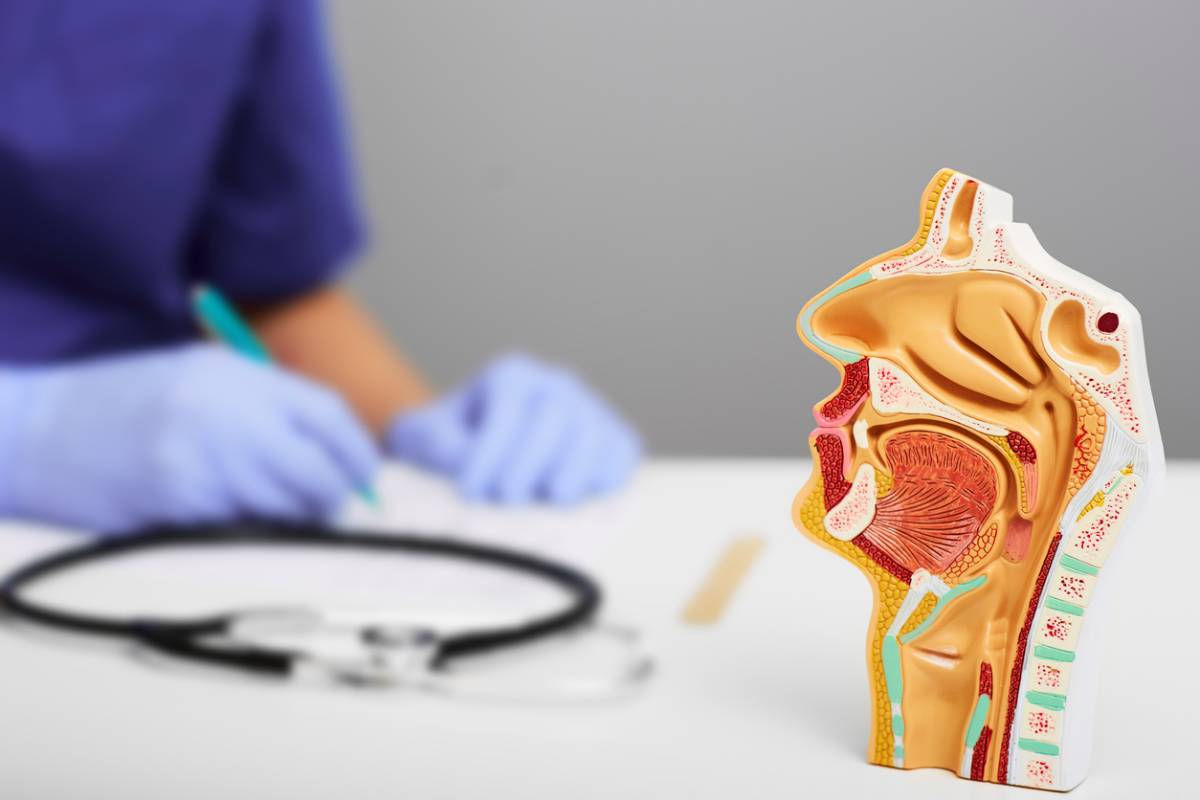Mouth breathing involves inhaling and exhaling through one’s mouth. While it may seem completely harmless to breathe through your mouth, it can have serious consequences. Chronic mouth breathing can impact a child’s health and well-being. Below you will find why open-mouth breathing is a risk for kids.
Why open-mouth breathing is a risk for kids
Mouth breathing can be harmful for your child’s health. In fact, children that consistently sleep with their mouths open may have a sleep disorder. One of the 90 sleep disorders closely associated with mouth breathing is sleep-disordered breathing. If left untreated, it can have serious consequences for your child’s health. Not only can mouth breathing disrupt their sleep but it can also impact their brain, heart, blood pressure, appetite, teeth, and jaw development.
The Impact of Mouth Breathing On A Child’s Development
Newborns breathe with their nose, unless there is some sort of obstruction. When this occurs, they breathe through their mouth. Breathing through your nose is necessary as that is how the body was designed to take in oxygen. The nose is specifically designed to ensure safe, efficient, and proper breathing. This is because your nose can filter out unwanted particles and provide humidity when you inhale dry air. It can also produce nitric oxide which helps widen blood vessels.
Mouth breathing does not offer the same benefits as breathing through one’s nose. In fact, it can cause serious developmental issues in children. Mouth breathing at a young age can change the structure and development of a child’s face. This can lead to dark circles under the eyes, an open bite, a high or narrow palate, a long face, and changes in their posture. This can result in long-term health issues, including sleep apnea, mental health issues, speech impediments, poor school performance, and brain dysfunction.
Common Symptoms of Mouth Breathing
You may wonder, does my child suffer from mouth breathing? Many parents wonder when they should contact a medical professional about the issue. This is because newborns can often breathe through their mouths if they have congestion. However, persistent mouth breathing outside of being sick is not normal. It can be easier to notice in toddlers. However, just like with infants, many toddlers are constantly sick as their immune systems are developing. This can make it difficult to know what the issue is. Mouth breathing is most evident in children ages 4 and beyond.
Your child can breathe through their mouth at any age. With that, if you notice any of the following symptoms, contact a medical professional no matter how old your child is. Early intervention is key.
- Issues with waking up or daytime sleepiness
- An ADHD diagnosis
- Chronic anxiety
- Waking up with a dry mouth or a sore throat
- Abnormal irritability
- Crying or bedwetting at night
- Issues in school around concentration and behavior
- Allergies
Treatment for Mouth Breathing In Children
Addressing your child’s mouth breathing is highly important. This can reduce their risk for various health issues and improve their overall health. The first step in moving forward is to work with a pediatric pulmonologist in Manhattan. They can assess your child’s symptoms to determine the underlying cause of the issue. It’s necessary to identify the cause as that will determine the treatment plan. A customized treatment plan will be provided to ensure your child’s overall health.
It’s important to remember that early intervention is key when it comes to mouth breathing. If your child exhibits any of the symptoms above, contact Dr. Shukla right away to schedule an appointment. He has worked with countless patients who have mouth-breathing issues. Their success helped them eliminate the issue and improve their overall health.

